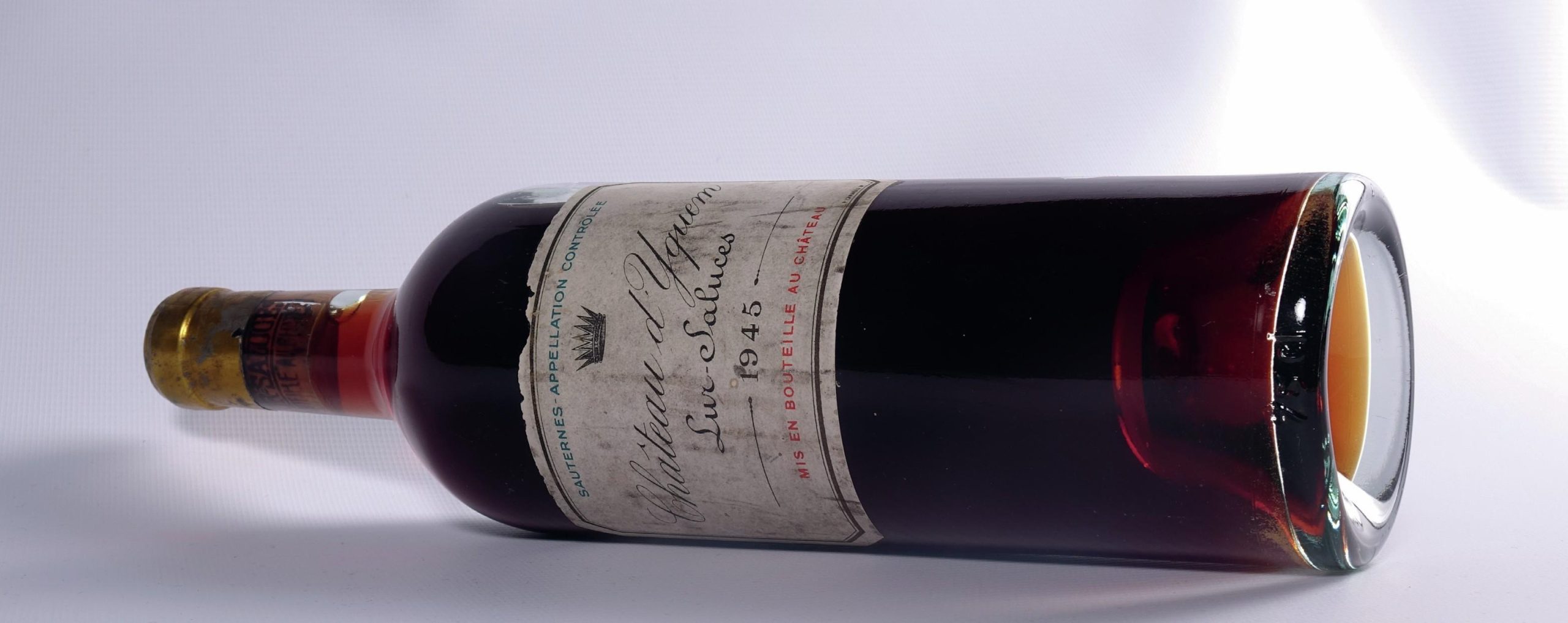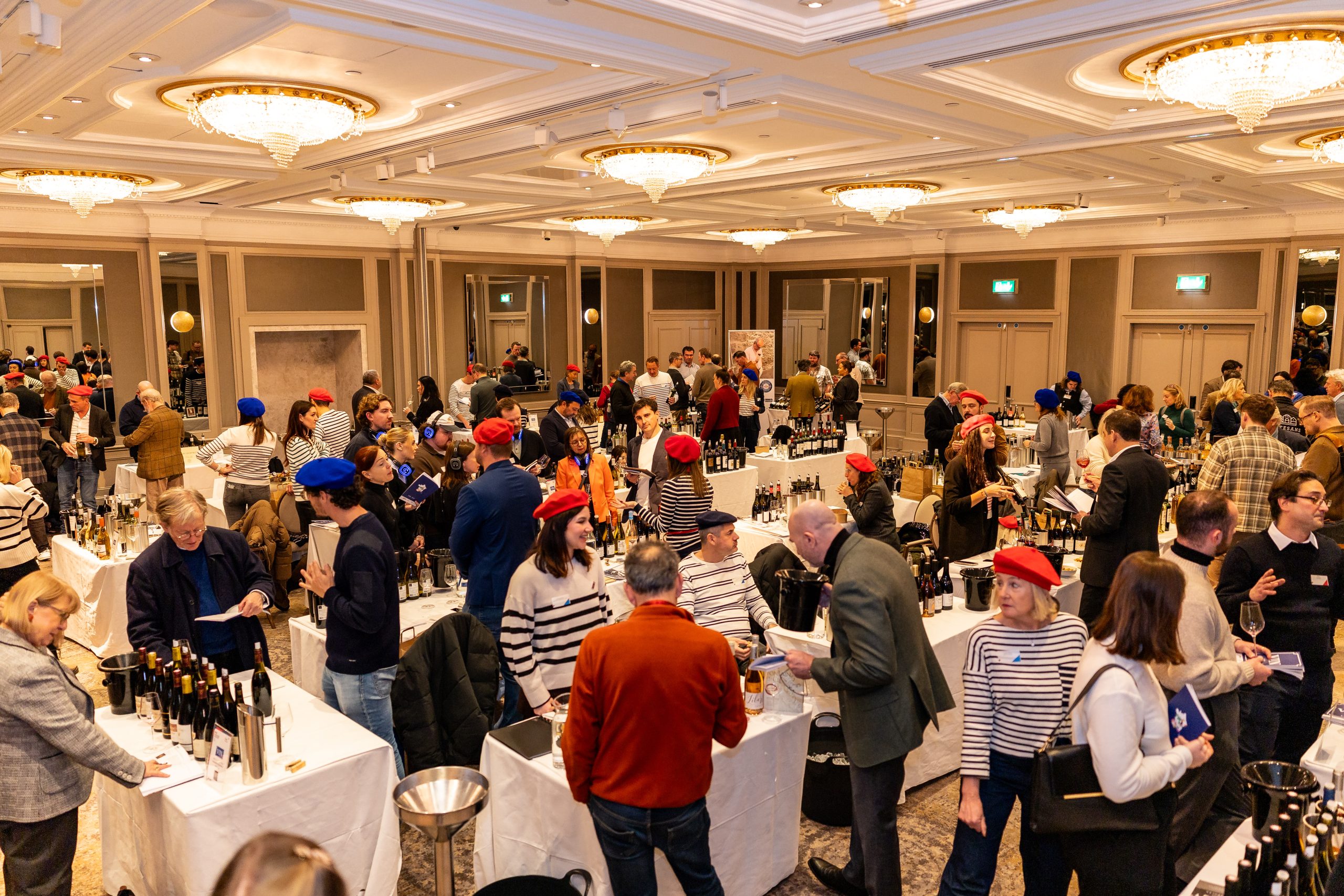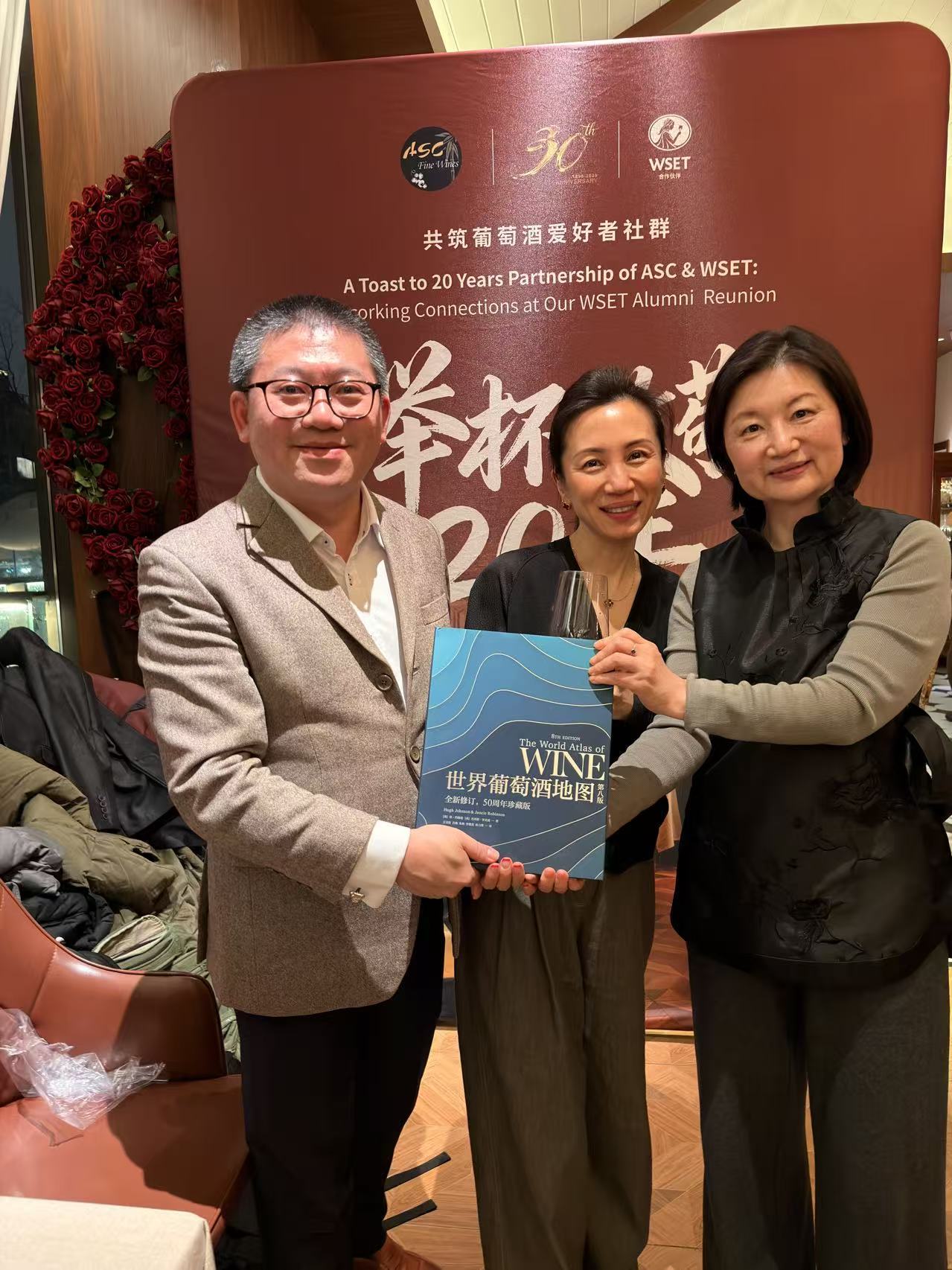Henkell Freixenet CEO reflects on 2020’s challenges as it looks to 2021
Dr. Andreas Brokemper, who heads up the world’s largest sparkling wine business, Henkell Freixenet, talks to db about this year’s challenges, and the key topics that are driving the industry at the moment.
For Brokemper, as for everyone – the year was dominated by Covid-19, but the company went into 2020 in a strong financial position, having had the full financial year of 2018 to integrate the Henkell and Freixenet operations globally and strong 2019. “We had a year to see how strong the cooperation of these totally different companies and brands and different markets was performing and 2019 was very good,” he explains.
Brokemper notes that there was a discernible difference in the way different markets reacted in the pandemic, depending not only on whether sparkling wine is consumed primarily in the on-trade or at home, but also how it is drunk – as a celebration or as an everyday treat.
“Markets who have a very high proportion of on-premium consumption of sparkling suffered the most,” he explained, pointing to Spain, which was particularly affected, Italy and France, while markets such as the UK, where traditionally retail is the most important branch of the business, performed better.
“Additionally, in countries in which sparkling wine consumption is a bit younger, where it has been a growing trend for the last 10-15 years, people drink sparkling on an everyday basis – notably the UK and US and the Nordics, but where it’s drunk ‘celebrationally’, it was affected more,” he explained.
Ecommerce boost
Looking forward, ecommerce, both direct to consumer and indirect via specialist and multiple is here to stay, he said and the company has bolstered both platforms, through its Bellini retailer in the German markets and online specialist Slurp in the UK, which it now owns out-right, as well as through partnerships with third party retailers and ecommerce platforms.
“Ecommerce has become more and more important,” he noted. “All of our owned ecommerce activities are showing very strong development this year. In the same way we worked more intensively with more ecommerce companies, so in the US, for example, we expanded the business we are doing with Drizly tremendously.”
More recently, the company’s UK operation Freixenet-Copestick snapped up the UK on-trade merchant Jascots out of administration, proving its confidence in the long-term future of the hospitality sector.
Likewise, digitalisation is “changing our world” he said. “The positive element of Covid crisis we’ll see is a mature push in digitalisation. If you’d ask if everyone could work from home [a year ago] they’d think you were be crazy. So it’s an important year and hopefully the economic effect of Covid will be over in 2021, and then we’re steadily coming back.
Partner Content
The question really is how heavily will the people be affected by the Covid crisis in the longer term, he explains, pointing to the responses from governments putting measures in place to help cushion the immediate impact on consumers. “There are things to help out so the consumers doesn’t feel it in the pocket. However in the next few years it might be more tough,” he explains. This may be likely to have an impact on consumers’ ability to trade up in the mid-term, although he believer it will continue in the longer term.
Responding to the Covid-crisis
Speaking about the company’s response to the Covid-19 pandemic, Brokemper said it become apparent in February that the virus would an impact, following the lockdown in Wuhan and then across China. By March, the effect began to be felt in its Italian wineries, one of which lies in the heart of Prosecco’s Valdobbiadene region, and it started crisis management to protect its employees (it has 4,000 around the world).
“We had a constant learning, taking the learning from Italy, then applying it for Spain, France, Germany and then in winery in the US. So it was protecting our employees which went pretty well, and then protecting the supply chain which sounds easy but was really quite challenging, and then what it meant for our sales” Brokemper said.
The first wave hit sales at Easter, “the small season”, when traditionally sparkling wine is consumed across Europe.
“We prepared ourselves by building different scenarios for the group, depending on coronavirus. This gave us the flexibility to act and react with developments, so we can say that after a difficult April, we could manage our supply chain and were able to deliver to all our customers,” he explained.
He said that over the summer things became better and better, although the scenario expectation “could have gone one way” and they started preparing for a possible second wave.
“All in all we were well prepared in all our group companies to adapt in some markets to a changing situation,” he said. “Very often retail was better than it was before, ecommerce is booming more than ever while the on premise was closed at a lower level due to lockdown.”
“It was a very challenging situation for all of us, but we managed to it in a good way,” he noted. “The only time you got the impression there was anything else happening [apart from Covid in 2020} was the US elections. And we were pretty happy when people celebrated on the streets with a bottle of Cordon Negro. But it’s hard to say there was any other big things beyond Covid as everything this year has related to it.”




